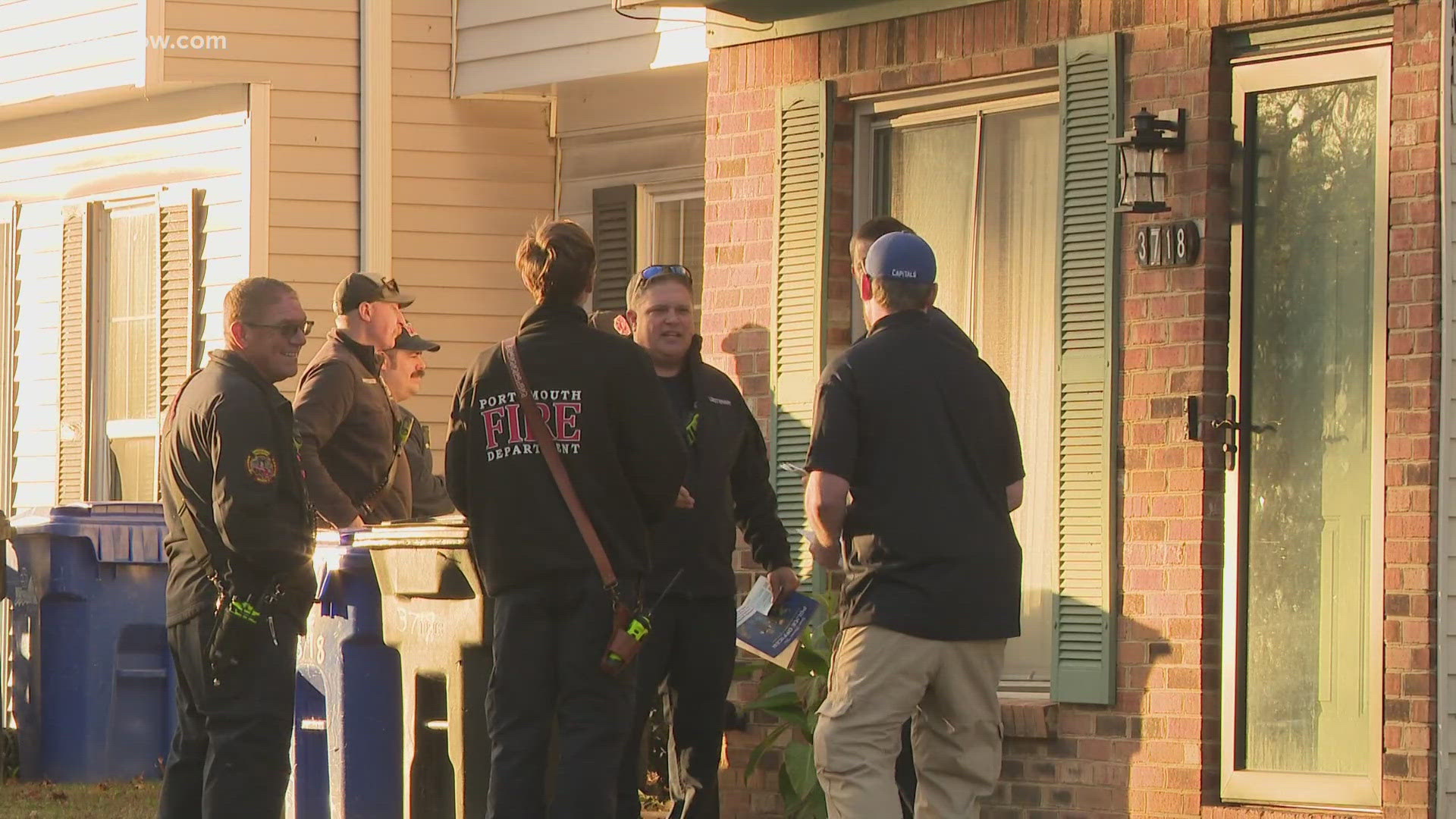NEW BRUNSWICK, N.J. — A Virginia man charged with killing a New Jersey pastor had lived with her and her child for a time before returning to their Sayreville home early this year and shooting the charismatic church leader 14 times, prosecutors said at the suspect's detention hearing Monday.
Rashid Ali Bynum, 29, of Portsmouth, was denied bail after pleading not guilty to first-degree murder and weapons charges in the Feb. 1 slaying of Eunice Dwumfour. As the hearing ended, the victim's mother was detained and handcuffed after a brief scuffle and was being cited for disorderly conduct, according to a lawyer for Dwumfour's family.
Attorney John Wisniewski, who called the charge against Mary Dwumfour, a native of Ghana, "unfortunate" and said the Middlesex County Sheriff's Office "should've used better judgment."
Eunice Dwumfour, 30, was ambushed in her vehicle as she arrived home at an apartment complex in Sayreville, a central New Jersey town where she also served as a council member. She was deeply involved in a Nigerian church, Champions Royal Assembly, and married a fellow church pastor in Abuja weeks before her death.


In court Monday, prosecutors said she had recruited Bynum into the church and a Bible study organization she had started, Fire Congress Fellowship, when they both lived in Virginia. He then moved to Sayreveille, where she frequently lived with other church members.
Bynum returned to Virginia after his relationship with the church soured, Assistant Prosecutor Amber Gibbs said Monday. But Gibbs did not disclose a specific motive for the slaying in court.
According to a NJ.com news report, the small scuffle that led to Mary Dwumfour being detained occurred as Bynum was being led out of court.
"The entire family is very emotional," said Wisniewski, adding that the family was seeing Bynum up close for the first time Monday. "It's very traumatic and very upsetting for them."
The Middlesex County Prosecutor's Office did not immediately return an email seeking information and comment on the mother's disorderly conduct charge.



